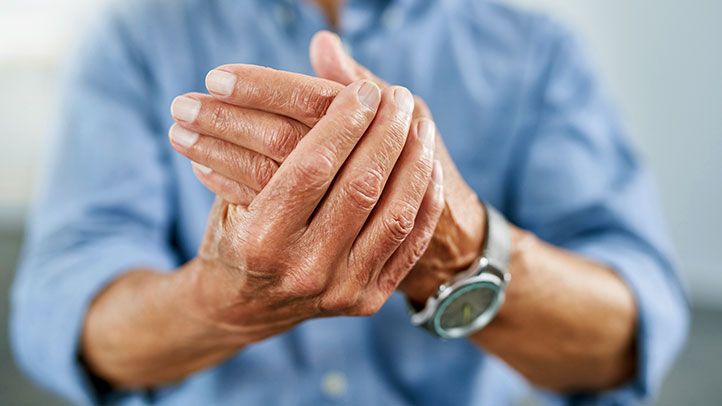High blood sugar, also known as hyperglycemia, is a condition in which the level of glucose in the blood is higher than normal. Glucose is a type of sugar that is the main source of energy for the body. Normally, the body regulates the glucose level in the blood by producing insulin. Insulin is a hormone that helps the body use glucose for energy or store it in the liver, muscles, and fat cells.
However, when the body is unable to produce enough insulin, or the insulin is not effective, the glucose level in the blood increases. This condition can be a result of various factors, including poor diet, lack of physical activity, stress, medications, and underlying health conditions such as diabetes.
Symptoms and Signs of High Blood Sugar:
The symptoms and signs of high blood sugar can vary depending on the cause and severity of the condition. Some of the most common symptoms include:
Increased thirst: When the body has excess glucose in the blood, it tries to get rid of it by increasing the amount of urine produced. This leads to increased thirst, as the body needs to replace the fluids lost through urination.
Frequent urination: Excess glucose in the blood can also lead to frequent urination, which can cause dehydration.
Fatigue: High blood sugar levels can prevent the body from using glucose effectively for energy, causing feelings of fatigue and weakness.
Blurred vision: High blood sugar levels can affect the lenses of the eyes, causing blurred vision.
Dry mouth and skin: Excessive thirst and urination can lead to dry mouth and skin, as the body loses fluids.
Slow healing of wounds: High blood sugar levels can impair the body’s ability to heal wounds and resist infections.
Nausea and vomiting: In severe cases of high blood sugar, the body can release large amounts of glucose into the bloodstream, leading to nausea, vomiting, and confusion.
Rapid heartbeat: High blood sugar levels can cause the heart to beat faster, as the body tries to get rid of the excess glucose.
Treatment for High Blood Sugar:
The treatment for high blood sugar depends on the cause of the condition and the severity of the symptoms. Some of the most common treatments include:
Lifestyle Changes: Making changes to your diet and physical activity levels can help lower blood sugar levels. Eating a healthy diet that is low in sugar and high in fiber, as well as engaging in regular physical activity, can help improve insulin sensitivity and regulate glucose levels in the blood.
Medications: For individuals with diabetes, medications such as insulin or oral hypoglycemic agents can be prescribed to regulate glucose levels in the blood.
Monitoring Blood Sugar Levels: Regularly monitoring blood sugar levels can help you track the effectiveness of your treatment and make adjustments as needed.
Foot Care: Individuals with diabetes are at a higher risk of developing foot problems, such as neuropathy, ulcers, and infections. Regular foot checks and proper foot care can help prevent these complications.
Stress Management: Stress can cause the body to release hormones that raise blood sugar levels. Engaging in stress-management techniques, such as deep breathing, meditation, and yoga, can help lower blood sugar levels and improve overall health.
Conclusion
High blood sugar is a common condition that can lead to serious health problems if left untreated. The symptoms and signs of high blood sugar can vary, but the most common include increased thirst, frequent urination, fatigue, blurred vision, dry mouth and skin, and slow healing of wounds.

 Home
Home Health
Health Diet & Nutrition
Diet & Nutrition Living Well
Living Well More
More












